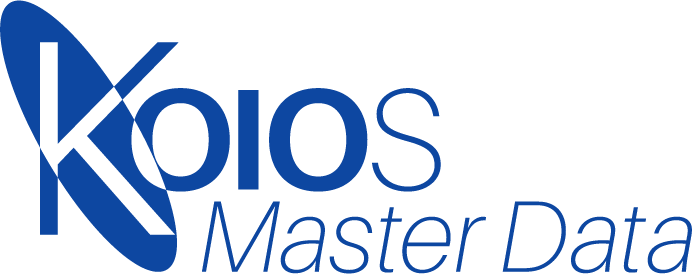The Power of Data Quality in the Global Supply Chain
In today’s interconnected world, data quality is a critical factor in the success of global supply chains. As supply networks become more complex, businesses need more than just access to data—they require high-quality, structured, and standardized data to ensure interoperability and transparency across industries and borders.
The Case for a Global Product Data Library
A Global Product Data Library is the cornerstone of modern supply chains. By consolidating verified, manufacturer-sourced product data into one trusted repository, this library creates a single source of truth. This reduces discrepancies, minimizes fragmentation, and ensures that manufacturers, distributors, and end-users all access consistent and reliable data.
The benefits of a centralized data library extend beyond data sharing:
1 – Consistency: Standardizing product information across suppliers prevents costly errors from miscommunication and data misalignment.
2 – Accuracy: Manufacturer-verified data ensures businesses are making informed, precise decisions with the most up-to-date information.
3 – Global Accessibility: Data is available in multi-language, machine-readable formats, ensuring seamless integration and eliminating misinterpretation.
The Impact of Structured, Interoperable Data
Structured, interoperable, and semantic data unlocks the full potential of supply chain efficiency. When data is standardized and accessible, businesses can achieve several transformative benefits:
1 – Enhanced Decision-Making: Accurate data empowers businesses to make real-time, data-driven decisions—whether optimizing inventory, predicting demand, or automating procurement.
2 – Reduced Operational Costs: Poor data quality often leads to inefficiencies, excess inventory, and increased overhead. Interoperable data minimizes these challenges, streamlining operations and cutting costs.
3 – Improved Visibility and Resilience: Seamless data exchange enhances supply chain transparency and coordination, reducing risks and making the entire chain more adaptable to disruptions.
4 – Sustainability: High-quality data optimizes procurement and logistics, reducing waste and environmental impact. Companies can maintain accurate inventories, avoid unnecessary shipments, and contribute to a more sustainable supply chain.
Conclusion: The Time for Data Quality is Now
As global supply chains continue to evolve, the need for structured, quality, and interoperable data becomes more critical. A Global Product Data Library, like KOIOS, ensures that businesses can operate on a unified, reliable foundation. Investing in data quality doesn’t just improve internal operations—it builds a resilient, efficient, and sustainable future for the entire global supply chain.

